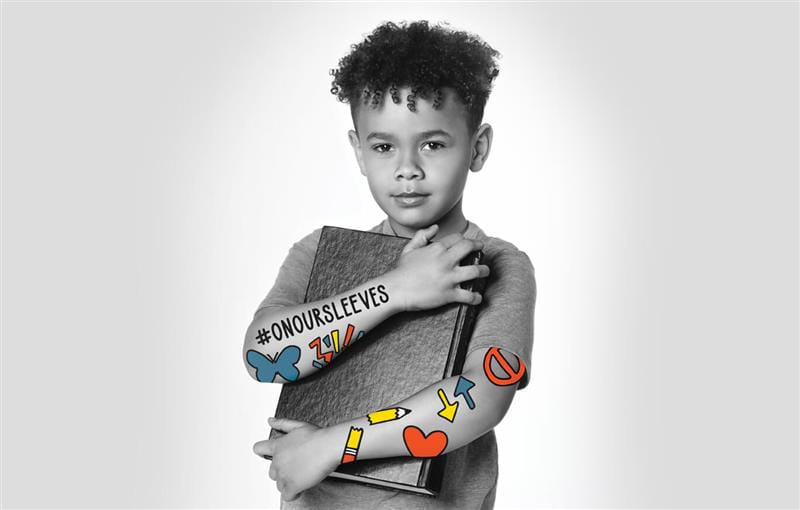Anxiety in Children
There is a growing need for mental health awareness in children. Parents often wonder how to enhance their child’s mental health and monitor for signs and symptoms of issues like anxiety and depression. In anxiety, for example, children may not openly express their thoughts and fears. This may require caregivers to spark conversation, monitor for warning signs, and seek appropriate help when needed. Helpful tips for common questions are included below.
Can children have anxiety?
There are many sources of anxiety for children of all ages.
- Stranger danger and separation anxiety are common in infants and toddlers.
- School-aged children become aware of dangers such as storms, fires, accidents, burglars, and illnesses.
- Adolescents can experience anxiety regarding issues such as grades, friendships, and dating.
How might anxiety appear in my child?
Anxiety may appear as nervousness or being afraid.
- Children may be worried in the days, weeks, or months leading up to an event.
- Your child may want to avoid an activity.
- Frequent “what if” questions about a potential danger.
- Physical symptoms: feeling as if their heart is racing, sweating, stomach aches, headache, nausea, or crying.
- Your child may also have trouble paying attention, difficulty sleeping, or increased irritability.
How can I help?
There are many ways to help your child manage fears and anxiety.
- Help your child practice deep breathing and positive self-talk. “I can do this”.
- Gradually face fears together, exposing your child to activities or objects. Your child should be able to cope and not avoid.
- Praise and reward brave behavior.
- Connect with your child by setting aside time each day without television or social media to ask how their day went and what may be worrying him/her.
- Healthy habits such as staying active, eating healthy, and getting enough sleep can reduce stress and help improve mood.
When should I worry?
Feelings of anxiety are normal and usually short lived. When anxiety influences daily functioning, there may be concern for an anxiety disorder. This includes:
Worrying out of proportion to the situation.
- Constant avoidance of typical activities.
- Physical symptoms that interfere with normal activity.
- Sleep problems, nightmares, or refusal to sleep alone.
- Repeated need for reasoning or consoling for ordinary situations.
Who can help?
- If you are noting the patterns above, seek help from your child’s pediatrician, school staff or a mental health professional.
- Downloadable resources to start and keep conversations going can be found at BayCareKidsOnOurSleeves.org
- If you or your child need immediate help due to suicidal thoughts:
- National Suicide and Crisis Lifeline: call 988. Tampa Bay Cares: call 2-1-1.
- Crisis Text Line: text "START" to 741-741.
If there is an immediate safety concern, call 911 or go the nearest emergency room.
Written by: Brittany Bundy, MD, Graduate of BayCare Pediatric Residency Program
Additional Resources:
Anxiety in Children: What is "Normal"? an article from the Kids Mental Health Foundation






